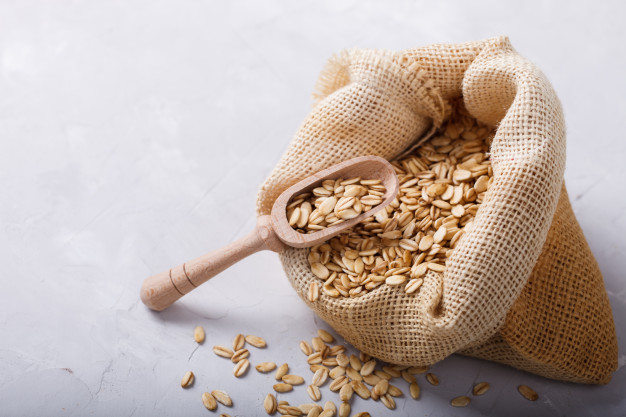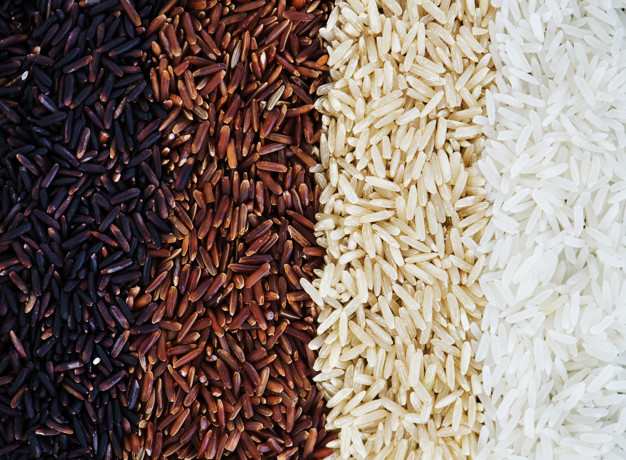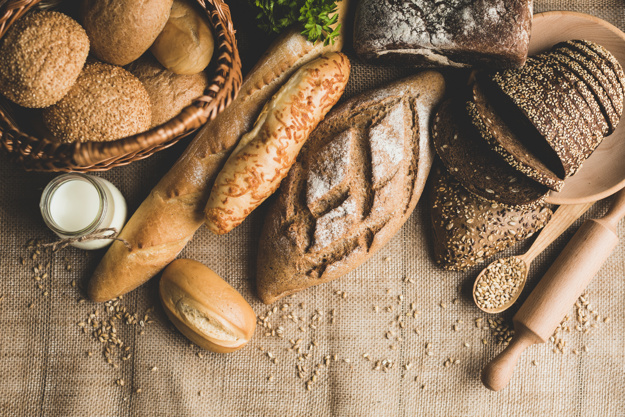Whole grains have been part of our diets for a very long time, but most confuse it with refined grains. Here’s what you need to know about the better choice.
While refined grains result in health issues like obesity and inflammation, whole grains are healthy and wholesome to consume.
To understand exactly why, it’s necessary to know that whole grain is the seeds of all three parts of the kernel: the bran, the Germ and the Endosperm.
The Bean is the outside coat of the kernel which contains B vitamin, antioxidants, and Fibre, the Germ is the embryo that contains B vitamin, protein and healthy fats, and the last layer the Endosperm is the germ’s food supply. It mainly includes starchy carbs and proteins.
Some examples of whole-grain include whole wheat, corn, brown rice, wild rice, farro, oats, barley, quinoa, sorghum, spelt, rye, bulgur, millet and popcorn.
WHY ARE WHOLE GRAINS IMPORTANT IN OUR DIETS?

Whole grains are important because they supply protein, fibre, vitamin-B, minerals like zinc, iron, magnesium and manganese and antioxidants. The fibre in wholegrain is mostly insoluble and it is important for maintaining regular digestion.
Wholegrain also plays an important role in lowering the risk of stroke, heart disease, obesity, chronic inflammation, digestive system cancers. Also, whole grain reduces the risk of premature death. They help in lowering blood pressure as they are rich in potassium and reduces the risk of insulin resistance and damage to blood vessels.
Whole grains are beneficial for controlling diabetes, especially type-2 diabetes because they are rich in fibre that helps in delay of glucose absorption in the blood.
WHOLE GRAINS FOR WEIGHT LOSS

Eating whole grains not only controls obesity, but can help you cut down on the fat of your body and results in a healthy distribution of fat. People who eat whole grain keep their weight in control. Consumption of whole grains can help lose belly fat. Also, whole grains take a long time to digest which makes you feel full compared to refined grains. This helps to keep your diet in control.
It is important to know that fibres vary from grain to grain. For example, brown rice has 3.5% of fibre barley and over 15% of fibre in wholegrain includes health benefits that are not interchangeable.
INCORPORATING GRAINS IN YOUR DIET
Different ways by which you can include whole grain in your diet:
- You can make porridge from oats
- Eat air-popped corns as a snack
- Eat brown rice instead of white rice
- Add Barley in soups
- Try to use whole grain for baking purposes.
DO WHOLEGRAINS SUIT EVERYONE?
In spite of health benefits, whole grains are not suitable for all. Whole grains barley, rye and wheat include gluten which is not suitable to everyone. If you are allergic to gluten, eating such wholegrain will cause indigestion, fatigue or joint pain.
Examine your food choices and differ from refined grains now. For improved health, add whole grains in your daily diet.

Disclaimer: This article is authored by Dr. Rohini Patil, MBBS, Nutritionist & Founder – Nutracy Lifestyle. The views and opinions expressed in this article are those of the author’s and do not represent those of GlobalSpa.






